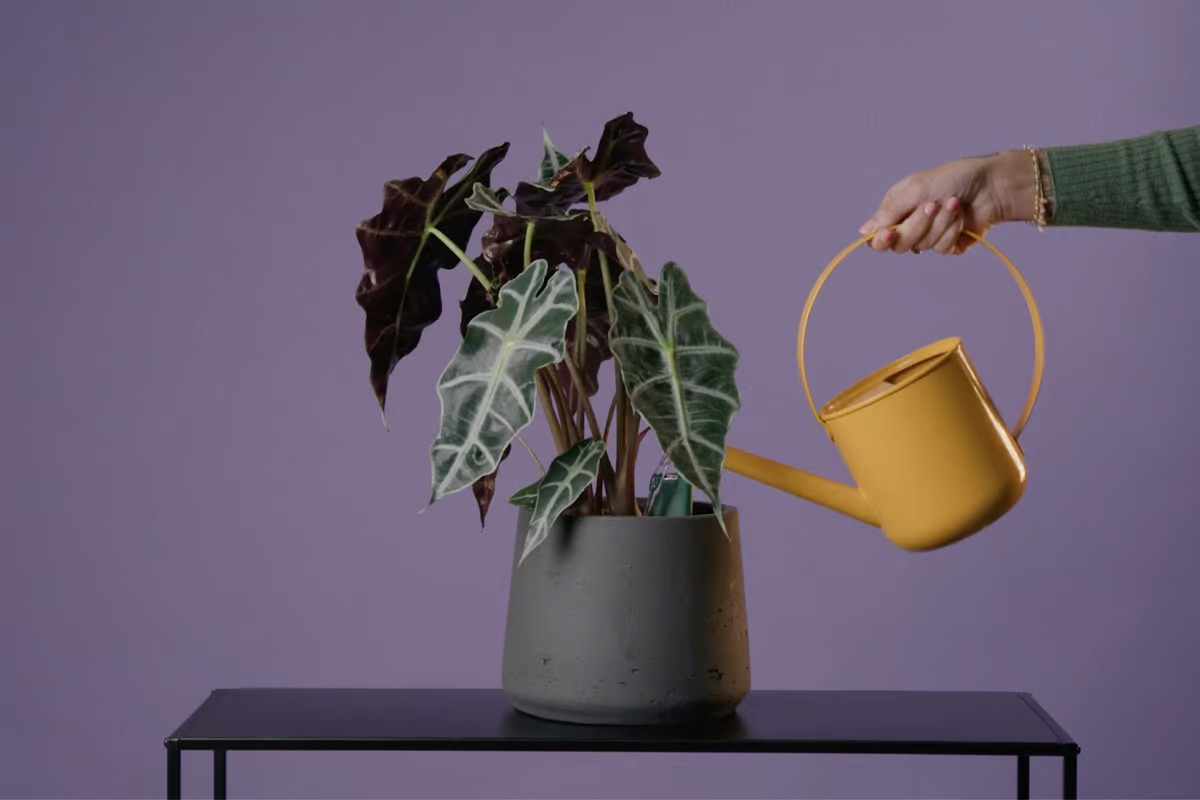 SmartyPlants will also help you learn to become an expert indoor gardener. SmartyPlants –
SmartyPlants will also help you learn to become an expert indoor gardener. SmartyPlants –
It’s estimated that American adults kill around 190 million houseplants each year, which is enough to make many people give up this pastime completely.
SmartyPlants – bonus points for the name – aims to change all that. Its smart sensors designed just for houseplants monitor light, humidity and temperature, as well as soil moisture and nutrients. It sends this information to an accompanying smartphone app, which takes all the guesswork out of keeping plants healthy.
“SmartyPlants focuses on helping the 48% of houseplant owners who have accidentally killed five or more plants over the last 18 years,” said Ben Beavers, Founder and CEO of SmartyPlants. “No judgment – we understand that it can be hard to know what to do!
“We want you to enjoy your plants stress-free, and with our technology, we can make sure they’re looked after,” added Beavers, who has a background in biology and tech, as well as a partner who he describes as a “serial plant-killer”.
The London startup has launched SmartyPlants on Kickstarter – and it has quickly found an audience, raising more than 10 times its benchmark target of £5,000 (US$6,315). Within four days, the campaign had more than 500 backers, which suggests there are a whole lot of people desperate for happy plants.
It’s essentially ‘plug and play’, with the sensor spiked into the soil of the plant, but it does much more than let you know if you’re overwatering or there’s not enough light. The sensor can analyze a room and recommend you types of plants that best suit the environment. It has smart-home integration, so you can even set up automatic watering systems over Wifi.
–
It will also keep a history of issues with any plant, and allow you to track growth through AI image analysis. It’s personalized to the specific plant’s needs, too, and covers the full spectrum of indoor foliage, from succulents to ferns – which can be notoriously tricky to keep alive inside.
The app also lets you name your plants, so you’ll be able to check on how Dave or Shirley is doing, instead of needing to remember species. And yes, you’ll get notifications if “Dave needs a drink,” for example.
Once set up, SmartyPlants will send easy-to-understand insights and learnings, and you’ll receive notifications if anything looks to be going awry, which makes any mistakes easy to correct before it’s too late. It also doesn’t just measure light intensity, but looks at the light spectrum to maximize all-important photosynthesis.
–
The device is powered by a rechargeable battery that has about six months of life before needing a charge, and the app is Android and iOS compatible.
About the only thing it can’t do is protect your houseplants from hungry pets.
–
On Kickstarter (so the usual crowdfunding caveats apply), you can pick up a single sensor at a 15% earlybird discount (£34, approximately $43) or a monster pack of 20 (£479, approximately $605), which is 40% off. This seems like a very worthy investment, given the cost of replacing houseplants that have not fared so well in the house.
Source: Kickstarter View gallery – 7 images
–























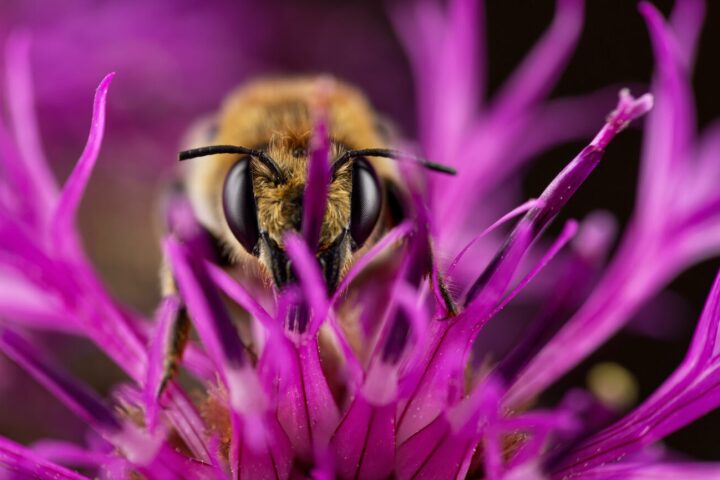

Please keep comments to less than 150 words. No abusive material or spam will be published.
this makes the same for multiple plants. not digital, just natural ceramics do the job. A lot more cost effective, just not nerdy.